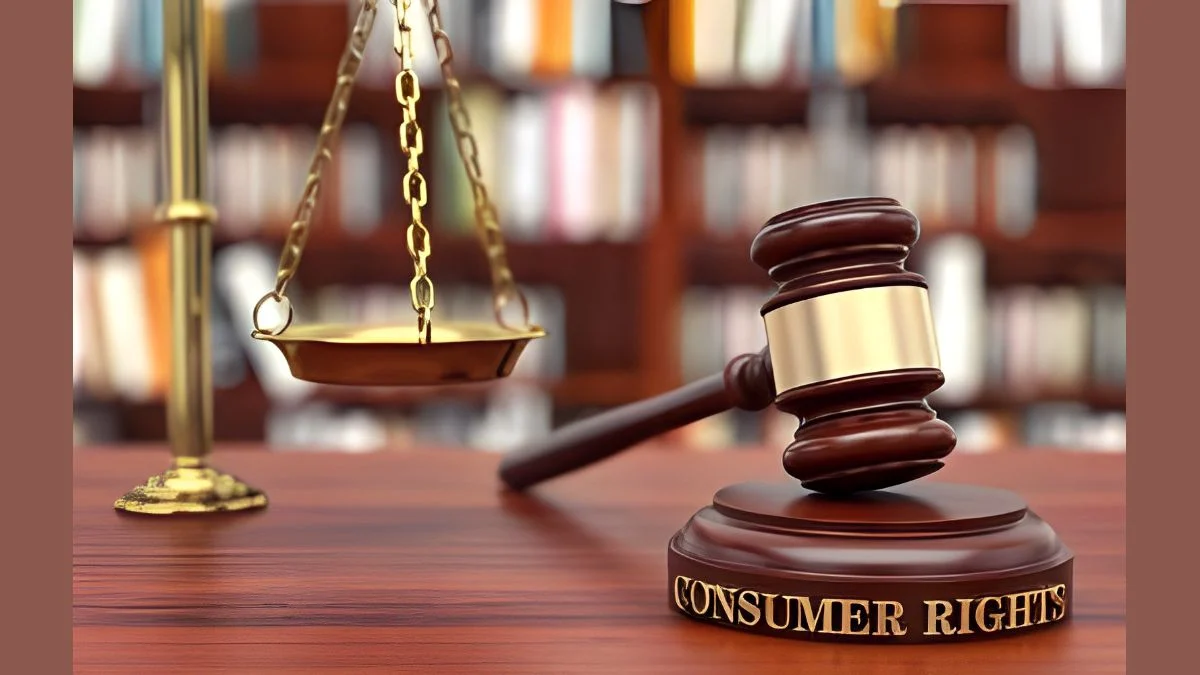
In today’s digital world, our personal data is constantly being collected, analyzed, and shared. Whether you're shopping online, using social media, or signing up for a service, your personal information is likely being stored somewhere. That’s where data privacy laws come in — to safeguard your sensitive information and hold companies accountable.
What Are Data Privacy Laws?Data privacy laws are regulations that govern how organizations collect, use, store, and share personal information. These laws aim to give consumers more control over their data and ensure companies handle that data responsibly.
These laws apply to a wide range of data, including names, email addresses, social security numbers, financial details, and even browsing history.

Governments around the world have introduced these laws to protect consumer rights and enforce penalties against misuse of data.
Key Data Privacy Laws in the U.S.While there is no single federal data privacy law in the U.S., several laws protect specific types of information:
California Consumer Privacy Act (CCPA): Gives Californians the right to know what personal data is being collected and request its deletion.
Health Insurance Portability and Accountability Act (HIPAA): Protects personal health information from being disclosed without consent.
Children’s Online Privacy Protection Act (COPPA): Requires websites to obtain parental consent before collecting data from children under 13.
Gramm-Leach-Bliley Act (GLBA): Requires financial institutions to explain their information-sharing practices and protect sensitive data.
Fair Credit Reporting Act (FCRA): Promotes accuracy and privacy of information in credit reports.

Data privacy laws empower consumers in several meaningful ways:
Transparency: You have the right to know what data is being collected, how it’s used, and with whom it’s shared.
Control: These laws allow you to opt out of data collection or request the deletion of your personal information.
Security: Companies are required to implement security measures to protect your data from breaches and unauthorized access.
Accountability: Businesses can be held liable for violating privacy rules, and consumers may be entitled to compensation if their rights are breached.
Trust: Strong data privacy protections build consumer confidence and encourage responsible data practices.
While laws offer protection, consumers also play a role in safeguarding their data:
Read Privacy Policies: Understand how a company uses your information before providing it.
Adjust Settings: Use privacy settings on websites and apps to limit data sharing.
Avoid Oversharing: Be cautious about the personal details you share online.
Use Strong Passwords: Protect your accounts with unique and secure passwords.
Report Violations: If you suspect a company is misusing your data, report it to regulatory bodies like the FTC.
ConclusionData privacy laws are essential for protecting consumers in a world where information is currency. These laws provide transparency, control, and accountability, helping consumers stay informed and in control of their digital lives. By knowing your rights and taking simple precautions, you can help ensure that your personal information stays safe.
Subscribe to our newsletter and never miss an update.
Get the latest posts delivered straight to your inbox.

Senior Contributor
Ravi Raj is passionate about impactful storytelling. With a unique voice and deep insights, they turn everyday stories into compelling reads that resonate and inform.
Read Full Bio
By Kusum Singh
23 Dec 2025

By Ravi Raj
31 Dec 2025

By Ravi Raj
22 Dec 2025

By Kusum Singh
02 Jan 2026

By Ravi Raj
30 Dec 2025

By Kusum Singh
21 Dec 2025

By Ravi Raj
02 Jan 2026

By Ravi Raj
02 Jan 2026

By Ravi Raj
20 Dec 2025

By Ravi Raj
31 Dec 2025

By Ravi Raj
01 Jan 2026

By Kusum Singh
19 Dec 2025